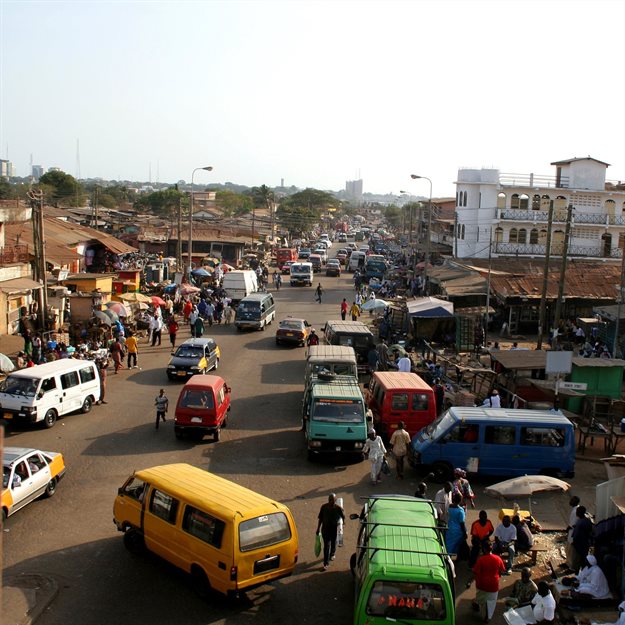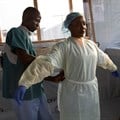
Covid-19 likely to exact heavy toll in Africa

The young average age of the population in Africa is likely to be a positive factor, given that Covid-19 seems to be exacting a higher toll on older patients around the world. However, constrained health systems in most African countries, combined with the prevalence of chronic conditions such as HIV, tuberculosis, and — especially among children — malnutrition are likely to magnify the negative impact. In addition, measures such as physical distancing may be challenging, particularly in areas that have high levels of poverty. As a result, deaths in Africa are likely to be concentrated among the malnourished, the sick, and the poor.
“Not since the last pandemic that occurred well over a decade ago has the world seen an outbreak like this. The African continent has watched as countries across the globe have grappled with the unprecedented spread of Covid-19,” says Adam Ikdal, MD and senior partner, Boston Consulting Group. “Whilst Covid-19 has only most recently arrived on the shores of Africa, it still very much poses a significant threat, hence the need for quick, decisive and aggressive action by leaders across the continent is required to ensure minimum impact.”
An outbreak in Africa
Africa’s relatively young population could help buffer the continent against the rates of severe cases and fatality observed elsewhere in the world. For example, as of 11 February, over 80% percent of the deaths in China due to Covid-19 were among people 60 years old or older. In China, people in that age group account for 16% of the population, whereas in Africa they make up just 5% of the population.
But other factors will create challenges. For one thing, health systems in Africa struggle to meet current needs — let alone manage the spike in demand that a pandemic brings. For example, the most recent data available indicates that Ethiopia and Niger each have just 0.3 hospital bed per 1,000 people, and Tunisia has 2.3, compared with an average of 5.6 beds per 1,000 people in Europe. In addition, significant numbers of adults in Africa have compromised immune systems, mostly owing to the high prevalence of HIV infection and HIV-tuberculosis co-infection, and many children suffer from malnutrition. Such factors could make those adults and children more susceptible to Covid-19.
“It’s imperative that governments in Africa, global players and community leaders coordinate their efforts to prevent a worst-case scenario,” adds Ikdal.
“If the Covid-19 outbreak in Africa is not controlled, there will be far-reaching repercussions, including for the health of the people, the strength of the economy, and the cohesiveness of society,” says Shalini Unnikrishnan," a BCG managing director and partner and a co-author of the report.
Coordinating the response
All groups aiming to mount a response to the pandemic in Africa must learn from previous crises and align their efforts up front. Coordination needs to happen at three levels:
- Governments in Africa will be at the forefront of health and economic responses. While they are already working together, they should redouble their efforts to cooperate by sharing data and capabilities and coordinating strategies. Regional unions and the African Union can be powerful drivers of such cooperation.
- Global groups working to support the pandemic response in Africa — including UN agencies, governments, donors, NGOs, and companies — need to coordinate a cohesive response.
- All players must bring community leaders into the process from the start to build trust and to ensure that people and communities understand and accept potentially challenging constraints.
Lack of such coordination would lead to squandered resources and would reduce the strategies’ effectiveness.
Download a copy of the publication here.
